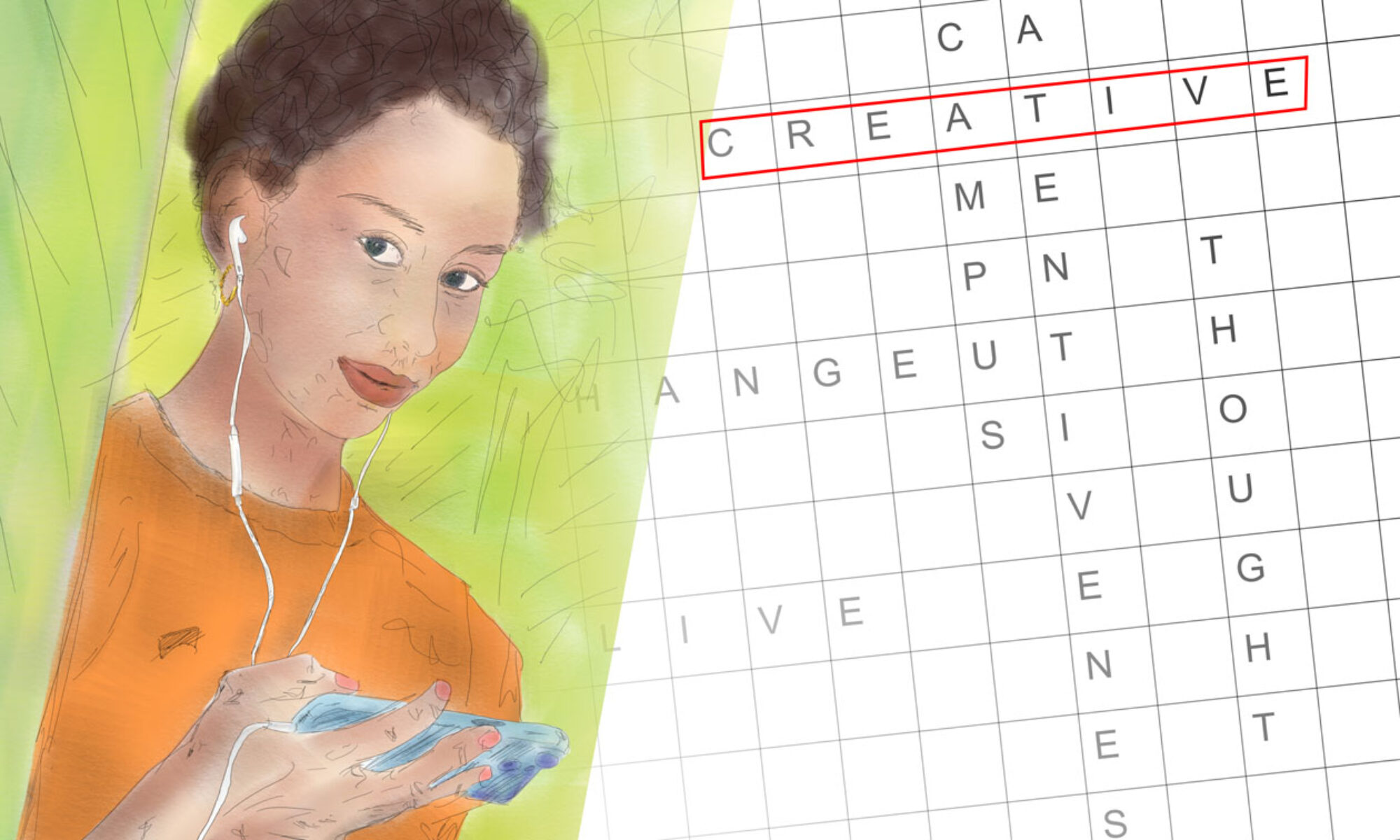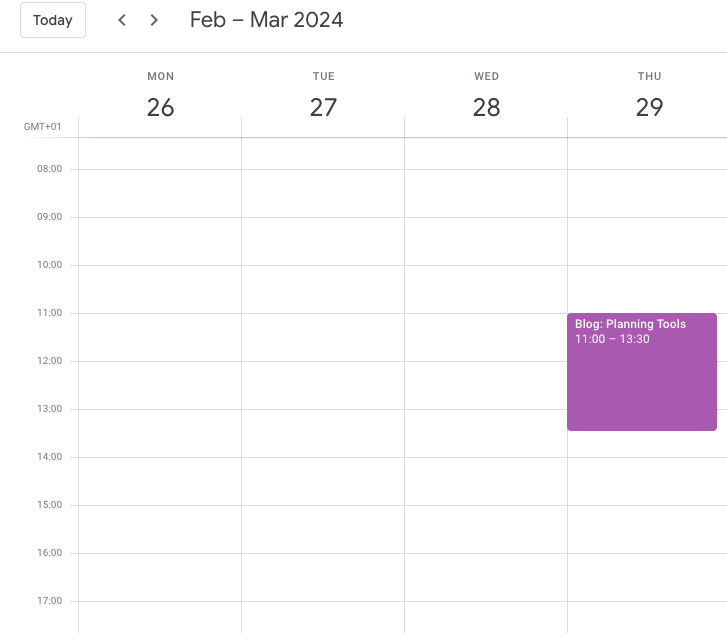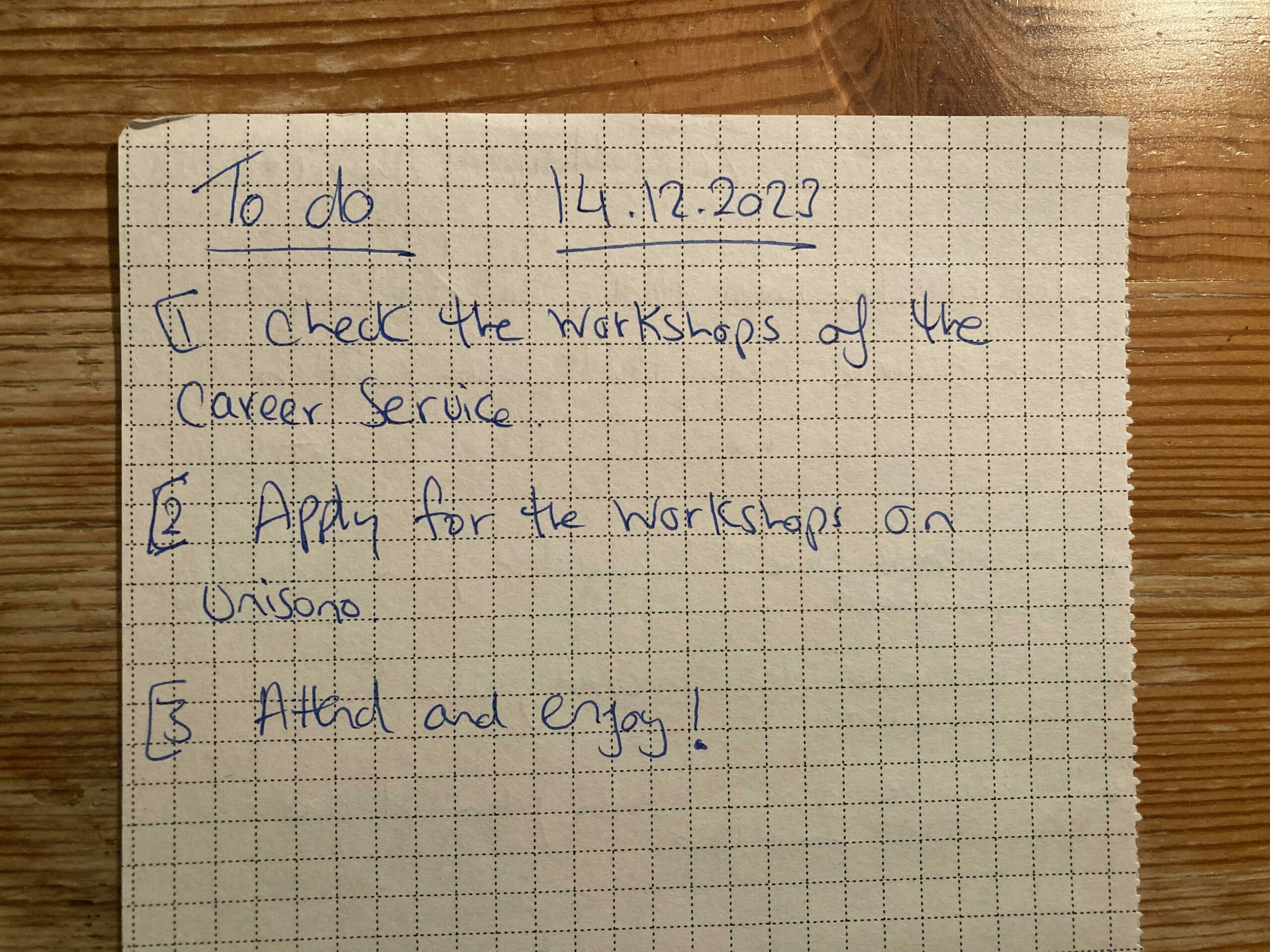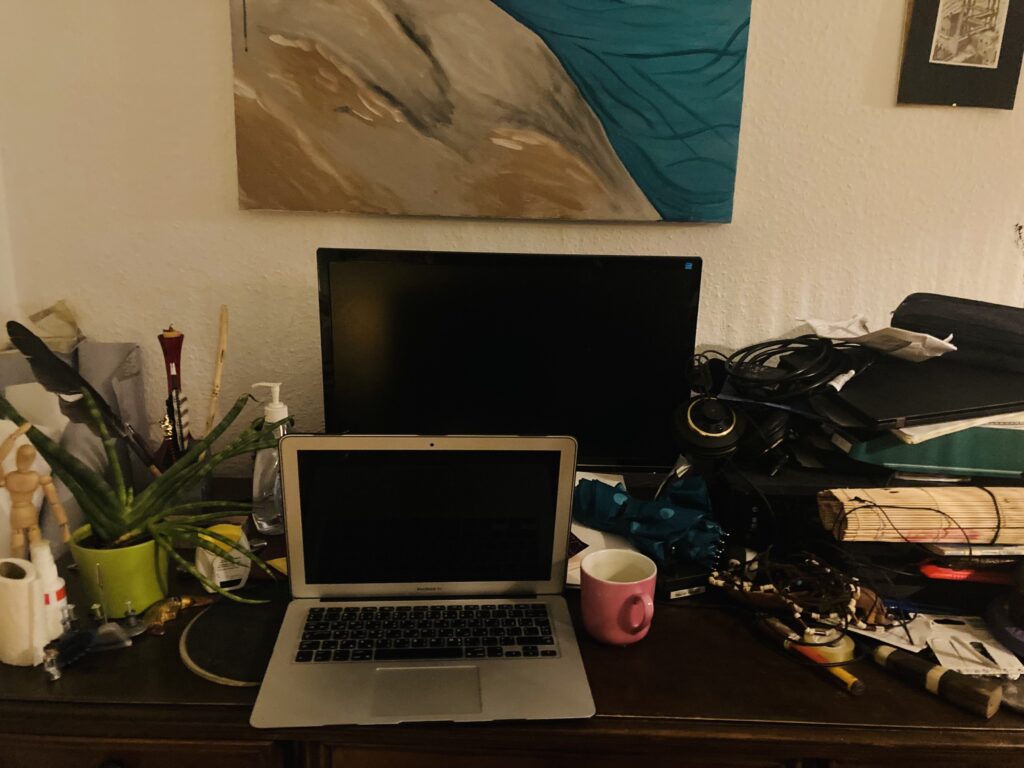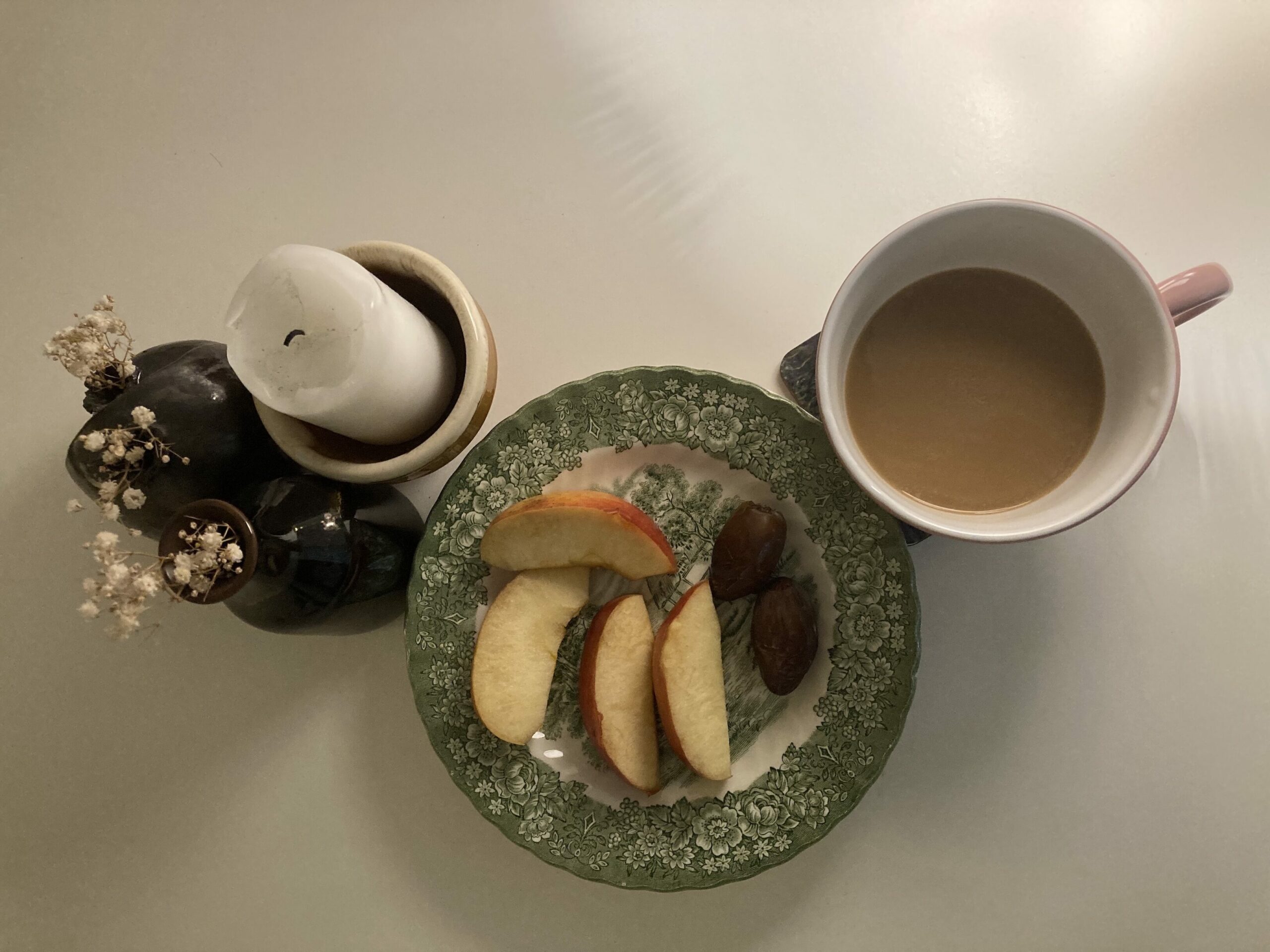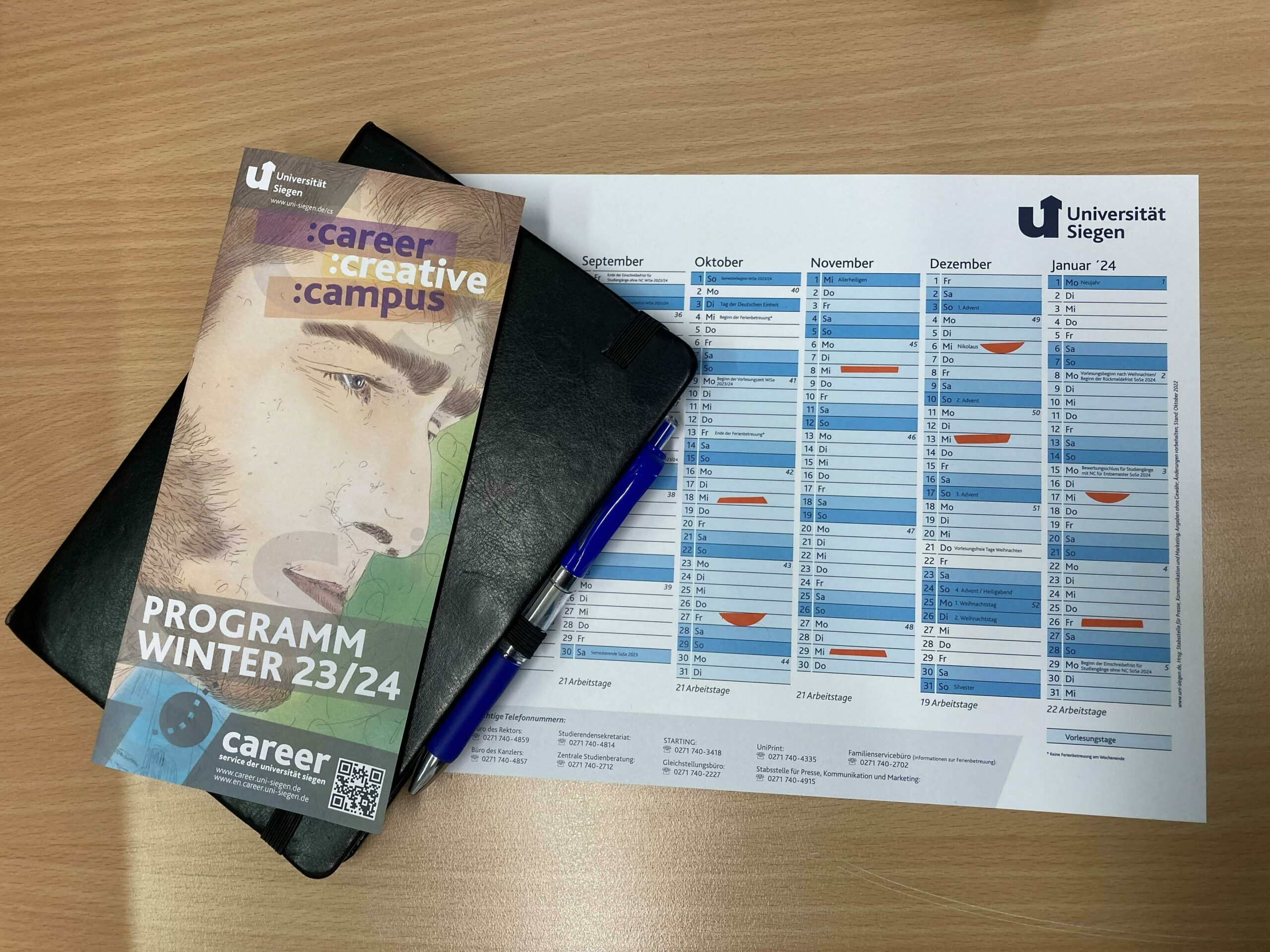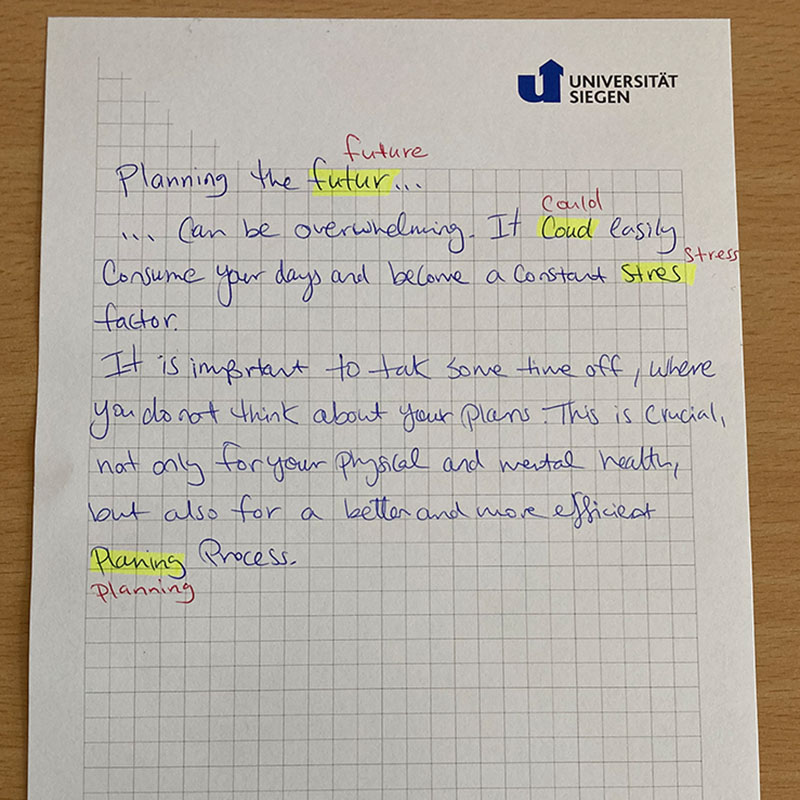… the reasons why planning could be helpful in the spring semester, we would like to introduce some tools to help you achieve that.
First, Take half an hour over the weekend to plan the week ahead. Use your agenda (digital or paper) to jot down all the appointments for this week to have an overview and to not miss any deadlines.
Second, write down all the tasks you would like to get done in this week in a short list.
Third, allocate these tasks to days and time slots so that you do not have to think or worry about them anymore.
Fourth, schedule time for relaxation, socializing, and for your hobbies.
This might sound simple but you would be surprised with how these small steps could bring you a long way in having an overview over the semester.
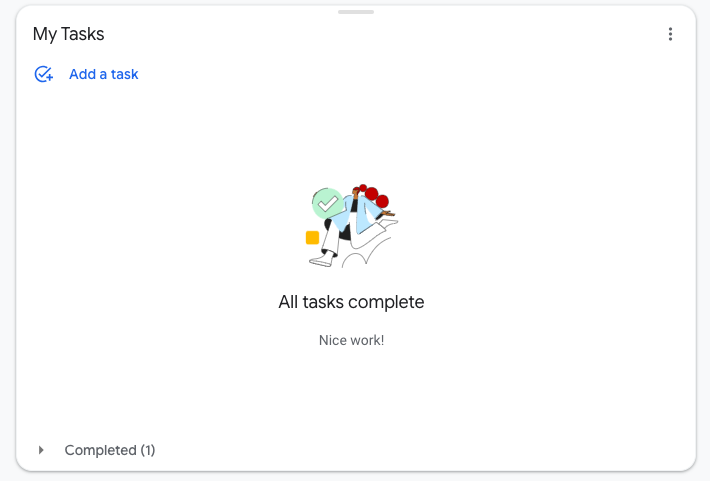
Don’t forget to reward yourself when you are done for the day!
